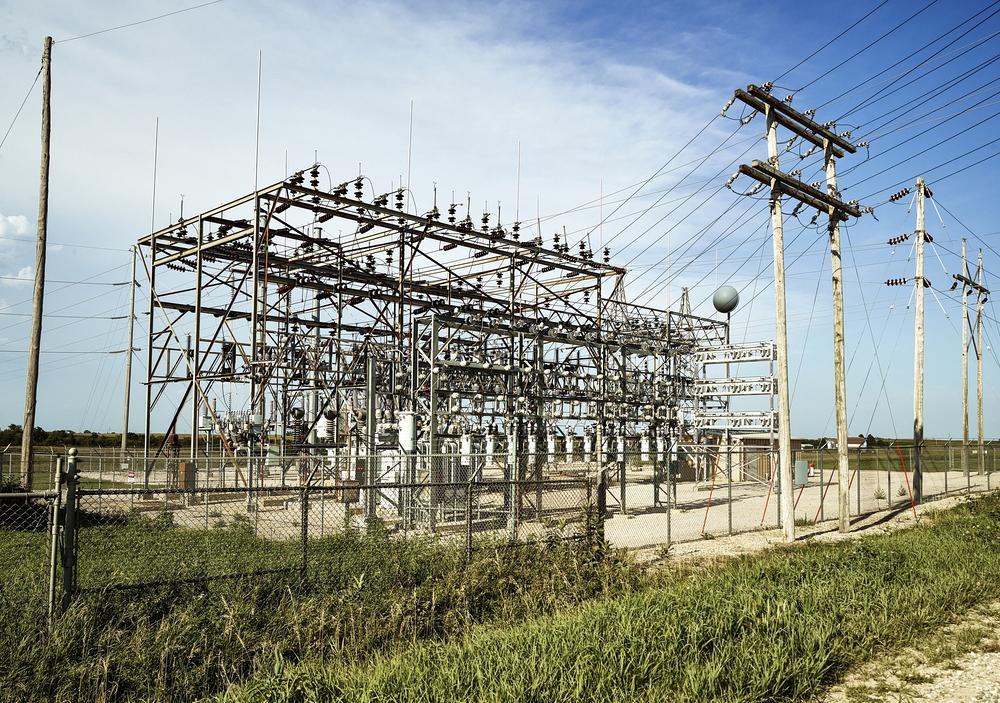BRUSSELS (ParliamentPolitics Magazine) – On Monday, energy ministers of the European Union to get together for an urgent meeting in an attempt to come to a united response to demands made by Moscow that European buyers pay for Russian gas in rubles or take the risk of supply cut off.
The meeting comes after the European Commission held talks with the most affected member states over the weekend.
After discussions between EU members and the commission over the weekend ahead of meetings this week, officials say the EU is edging closer to a ban on Russian oil imports by the end of the year.
Ministers will meet on Monday to discuss the urgent need to secure non-Russian gas supplies and replenish storage as countries prepare for the impact of the Russian gas embargo.
Gas supplies to Poland and Bulgaria were cut off last week by Russia after their failure to comply with its demand of paying in roubles.
These countries had already wanted to stop using gas from Russia this year and claim they will be able to manage. It has, however, sparked fears that other EU countries, especially Germany, Europe’s gas-dependent economic powerhouse, could follow suit.
It has also threatened to splinter the EU’s united front against Russia due to disagreements over the best course of action, with Slovakia, Hungary, Italy and Austria all expressing doubts about a prospective embargo over the weekend.
An immediate gas shutdown from Moscow might trigger a recession
With many European companies facing gas payment deadlines later this month, EU nations must quickly determine whether companies can continue to buy the fuel without violating EU sanctions imposed in response to Russia’s invasion of Ukraine.
Foreign gas buyers must deposit dollars or euros in an account with Gazprombank, a privately owned Russian bank, which will convert them into rubles.
Countries that cooperate with Russia’s programme have been warned by the European Commission could violate EU sanctions, but has also advised that transfers that are sanctions-compliant could be made given the payment is declared complete in euros before being converted into roubles.
Following Bulgaria’s, Denmark’s, Greece’s, Poland’s, Slovakia’s, and others’ calls last week for clearer advice, Brussels is writing additional guidance.
On Friday, Russia claimed that the regulation, which considers the commitment of the buyer to be completed only after the hard currency has been converted to rubles, is without flaws.
Since Russia invaded Ukraine on February 24, EU countries have paid more than €45 billion in gas and oil to Russia, according to the Centre for Research on Energy and Clean Air.
Russia provides 40% of the EU’s gas and 26% of its oil imports, a reliance that has led Germany and others to resist calls for an immediate halt to Russian fuel shipments for fear of economic harm.
Dependence on Russian gas varies by country, but researchers have warned that a complete shutdown of Russian gas would send many countries, notably Germany, into recession and necessitate emergency measures like closure of factories to cope.
Meanwhile, at a meeting on Wednesday, the EU’s top diplomats are due to debate the bloc’s sixth package of sanctions against Moscow, which is currently being crafted by the Commission.
The Commission will also reveal proposals later this month to reduce Europe’s reliance on Russian fossil fuels by 2027, including growing renewable energy and modernising buildings to use less energy.





